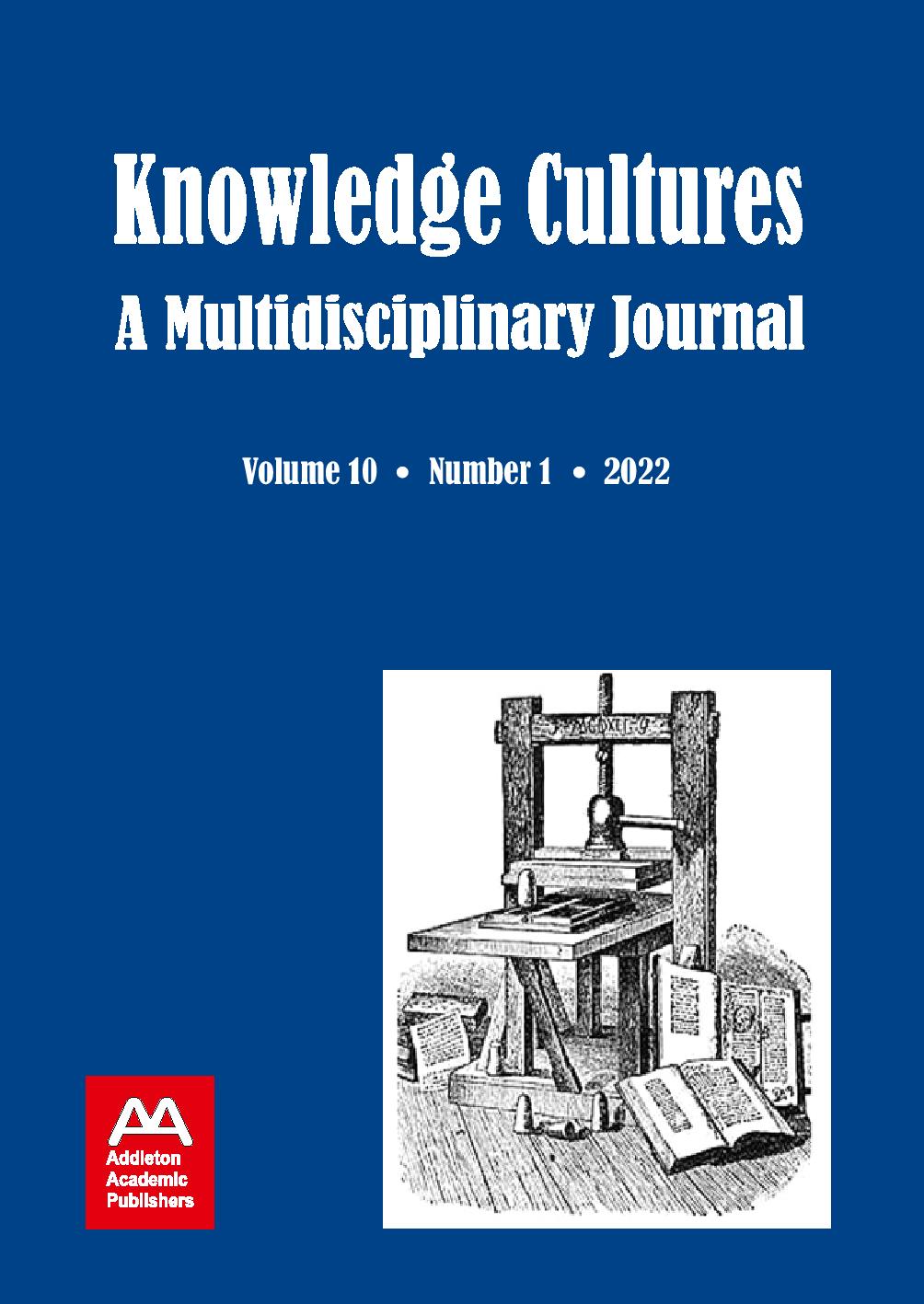Establishing the Merger of a Tertiary Education System in Public Discourse: The Case of the New Zealand Institute of Skills and Technology
Establishing the Merger of a Tertiary Education System in Public Discourse: The Case of the New Zealand Institute of Skills and Technology
Author(s): Bradley R. J. Hannigan, Nelly AsmatullayevaSubject(s): Vocational Education, Higher Education
Published by: Addleton Academic Publishers
Keywords: organisational change; institutional mergers; discursive closure; tertiary education;discourse analysis workshops;
Summary/Abstract: The Reform of Vocational Education (RoVE) is a large-scale transformation of the tertiary education system in New Zealand launched in 2018. Under RoVE, all existing Institutes of Technology and Polytechnics have been amalgamated to form a single nationwide institution: the New Zealand Institute of Skills and Technology (NZIST) (later named Te Pūkenga). This study employed interpretative discourse analysis (IDA) to understand how the establishment of NZIST/Te Pūkenga was instituted in the public discourse. The official RoVE documents were interpreted within the conceptual framework of discursive closure. The findings demonstrate that the RoVE discourse utilised the discursive closure practices of disqualification, naturalisation, neutralisation, topical avoidance, legitimation and pacification, securing dominance for the official communication regarding the change.
Journal: Knowledge Cultures
- Issue Year: 10/2022
- Issue No: 1
- Page Range: 68-83
- Page Count: 16
- Language: English
- Content File-PDF

